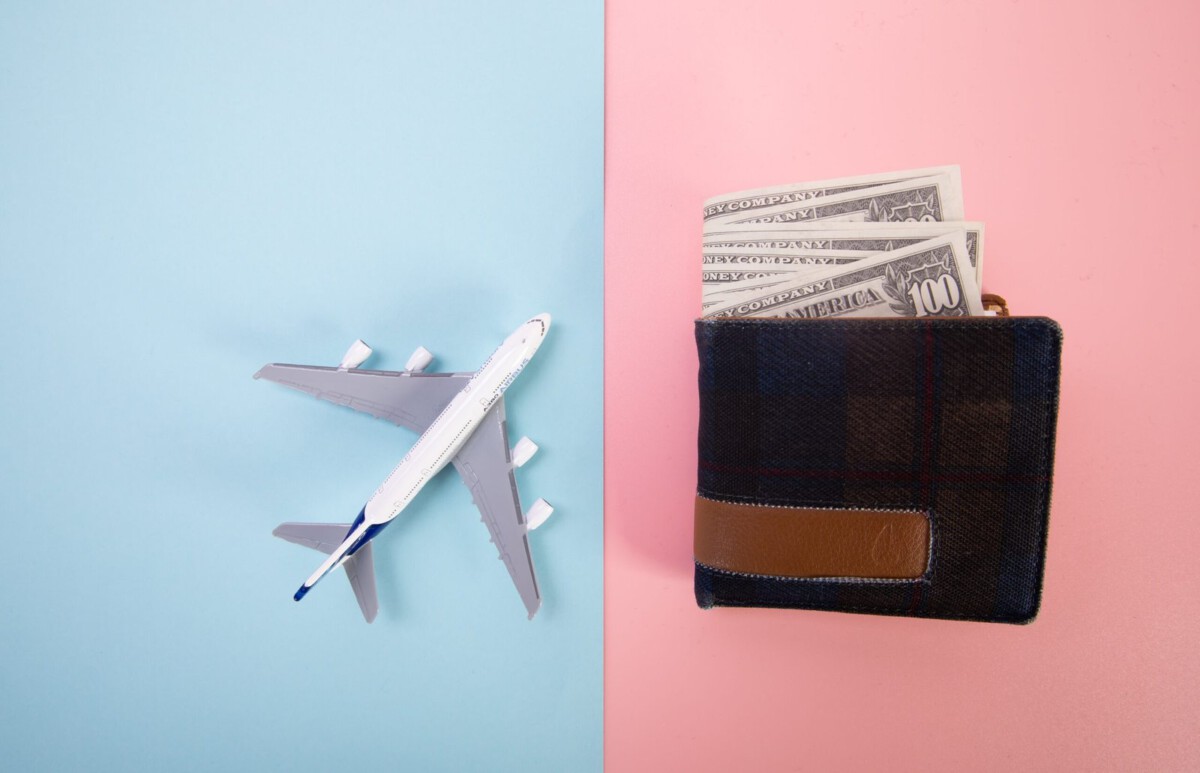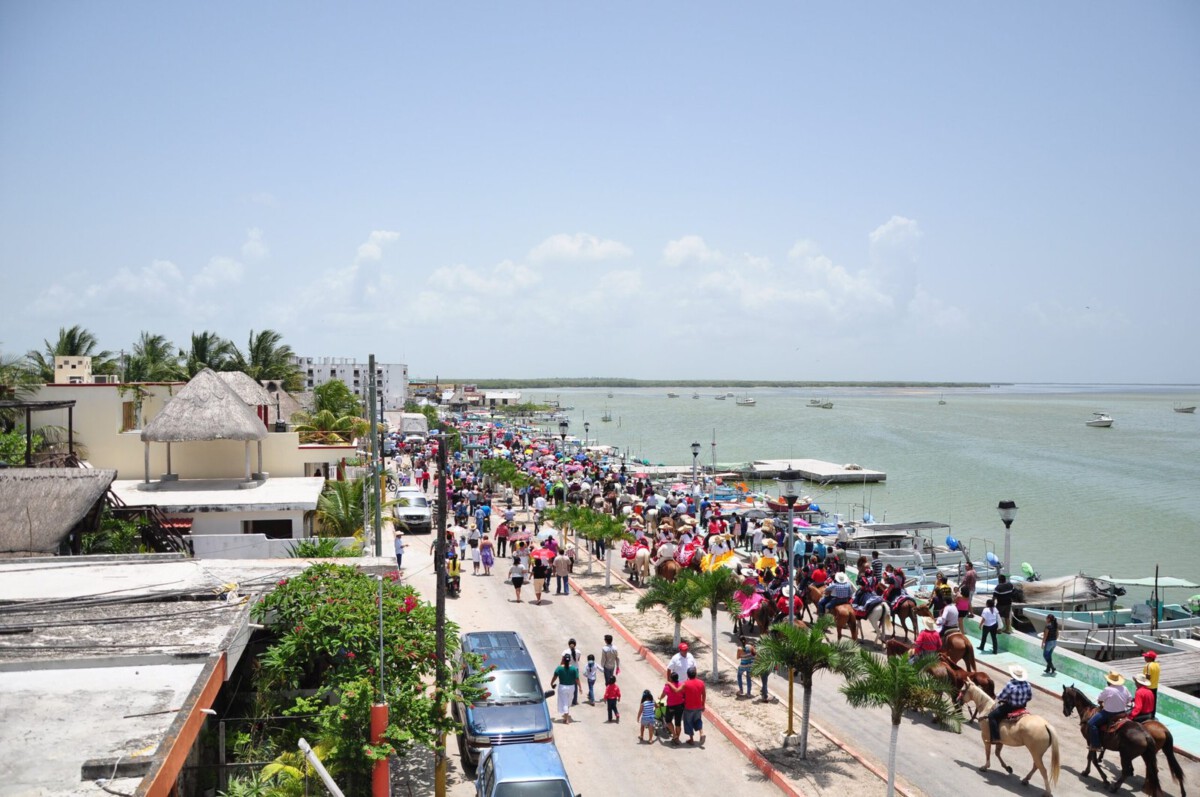Avoid Sharing Your Exact Location in Real-Time

It might feel exciting to let everyone know exactly where you are on your adventures, but sharing your real-time location online can make you a target. In 2024, the Cybersecurity and Infrastructure Security Agency (CISA) reported that real-time location sharing increases your risk of theft and personal harm by up to 30%. Criminals have become skilled at monitoring social media for people broadcasting their whereabouts. Announcing your presence at a famous landmark or hotel isn’t just telling your friends; it’s also telling strangers that your home is empty and you’re away. Even subtle details, like a recognizable street or building in the background of a post, can give away your location. Many apps automatically tag your location unless you turn off this feature. To protect yourself, wait until you’ve left a place before posting photos or updates. This one small change can significantly reduce the chances of becoming a victim while traveling.
Never Post Details About Your Accommodation

It’s tempting to show off the beautiful view from your hotel room or rave about your Airbnb, but posting the name or address of your accommodation can backfire. In 2023, a study by the International Association of Travel Security Professionals found that criminals often scan social media for travelers who reveal these details. If someone knows where you’re staying, it becomes much easier for them to target you—or your belongings—for theft or scams. Even posting a room number or sharing a shot of your hotel keycard can be risky, as these details can be pieced together by someone with bad intentions. Instead, use generic descriptions or wait to share photos until after you’ve checked out. Protecting the privacy of where you’re staying is one of the smartest moves you can make on the road.
Do Not Share Your Travel Itinerary Publicly

Posting your full travel itinerary may seem helpful for keeping friends and family updated, but it’s a major security risk. The Global Travel Security Alliance’s 2025 report says travelers who share their detailed plans online are far more likely to become victims of fraud or theft. Scammers use this information to pose as you, intercept bookings, or even plan break-ins while you’re away. Flight numbers, departure times, and destinations can all be used against you. Telling the world when you’ll be out of town is basically an open invitation for trouble at home. Only share detailed plans with people you trust and use private, secure channels for those conversations. What feels like harmless sharing can quickly turn into a costly mistake if it falls into the wrong hands.
Avoid Posting Photos of Your Valuables

It’s natural to want to snap photos of your new watch, laptop, or the cash you’ve exchanged for your trip, but putting that online can attract the wrong audience. The Travel Security Institute’s 2024 survey found that 45% of tourist thefts started with thieves identifying targets through social media posts. Even a photo that seems innocent—like your phone on a café table with a fancy camera in the background—can give away more than you realize. Criminals look for easy opportunities, and showing off valuables is like waving a flag. Keep photos focused on experiences, not possessions. Save the bragging rights for when you’re home and your stuff is safe. Less is more when it comes to what you show the world about your belongings.
Don’t Share Negative Experiences or Complaints in Detail

It’s normal to want to vent after a bad meal or poor service, but posting detailed complaints about local businesses or people can have serious consequences. In 2023, the Tourism Ethics Council discovered that negative posts have sparked harassment, threats, and even legal trouble for travelers in some destinations. Some countries have strict defamation laws, and tourists have been detained or fined after making public complaints online. What you post in frustration could be seen as offensive or even illegal in another culture. Instead, try to resolve issues privately or use official channels like moderated review platforms. Keeping criticism respectful and balanced protects you from backlash and unexpected problems during your trip.
Refrain from Posting Personal Identification Information

It might seem harmless to share a photo of your passport stamp or boarding pass, but these images can be used to steal your identity. The Identity Theft Resource Center reported a 20% increase in travel-related identity thefts in 2024, much of it linked to oversharing online. Criminals can use personal details from your documents to open fraudulent accounts, access your money, or create fake IDs. Even a partial glimpse of a document is risky—scammers can piece together information from multiple posts. Always keep images of passports, visas, or travel documents private and never post them, even in private groups. If you need to share them for official reasons, use encrypted apps or secure messaging to prevent unauthorized access.



